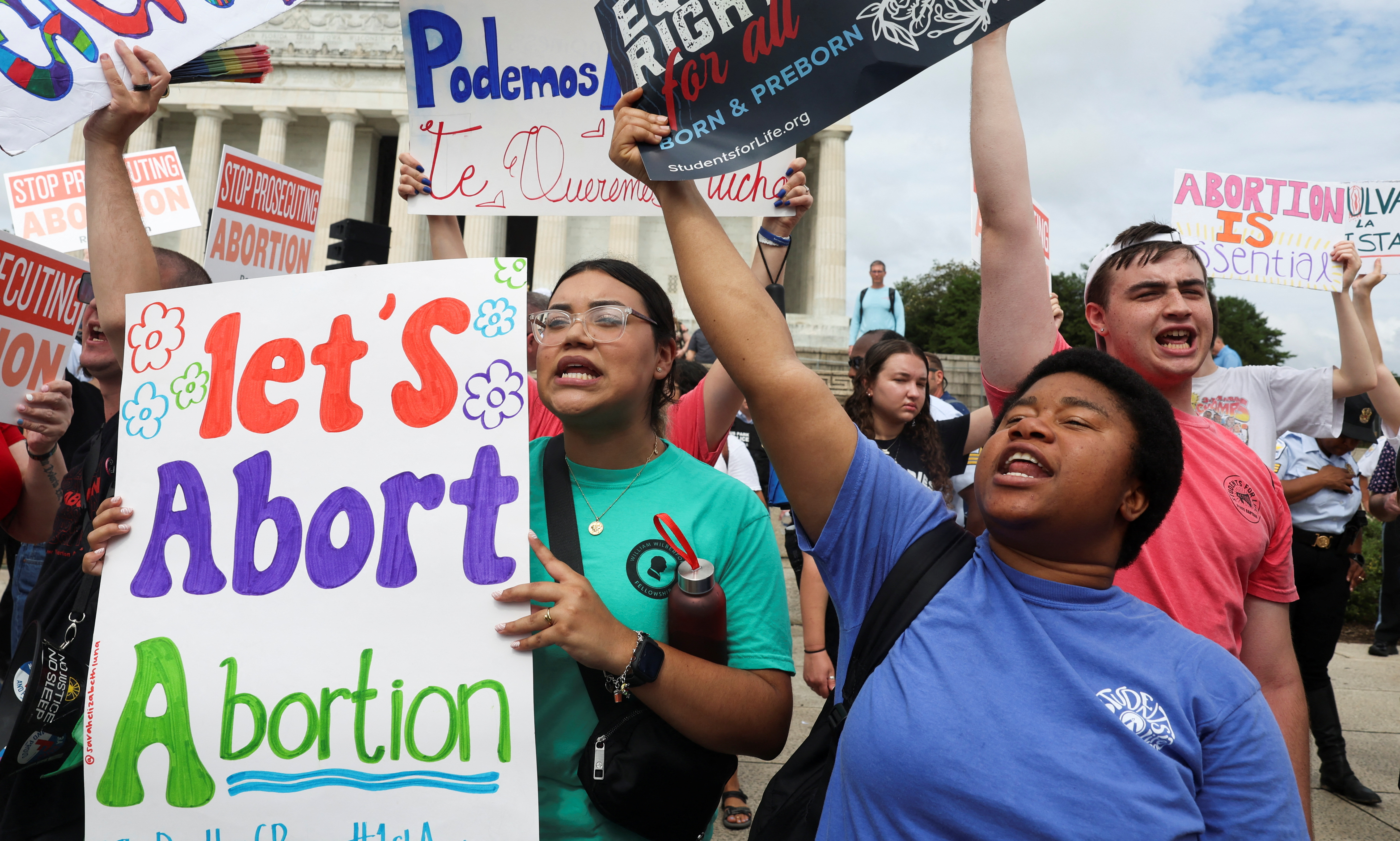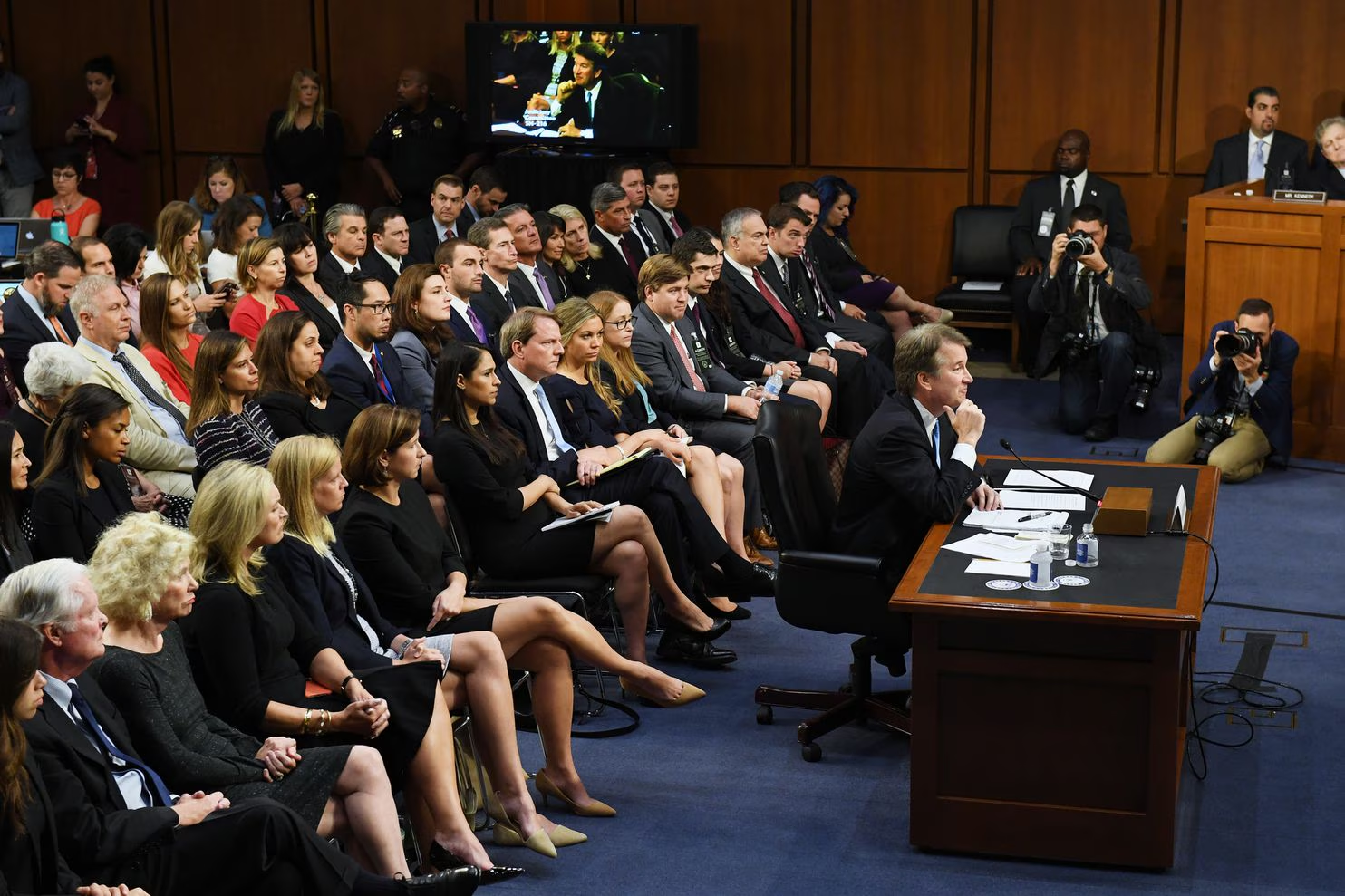The recent ruling by the Supreme Court in Medina v. Planned Parenthood South Atlantic stands as a glaring example of how judicial overreach can compromise the foundational rights of American citizens. The 6-3 decision, backed predominantly by GOP-appointed justices, effectively strips Medicaid recipients of their ability to sue for their right to choose healthcare providers, particularly targeting the essential services provided by Planned Parenthood.
Legal Implications of the Ruling
According to The Washington Post, the decision severely limits the capacity of Medicaid beneficiaries to challenge state actions that limit their access to necessary healthcare. This ruling is not just a setback for reproductive rights; it marks a dangerous precedent that undermines the enforcement mechanisms established by the Civil Rights Act of 1871.
Justice Jackson"s Dissent Highlights the Stakes
Justice Ketanji Brown Jackson delivered a powerful dissent, criticizing her colleagues for an interpretation of the law that disregards the clear intent of Congress. As reported by The New York Times, she emphasized that this ruling not only limits healthcare access but also constitutes a broader attack on civil rights. Her argument revolves around the ability of individuals to use Section 1983 to challenge state actions that infringe upon their rights.

US activists rally one year after Supreme Court allowed ...
Historical Context of Section 1983
The implications of this ruling are particularly troubling given the historical significance of Section 1983, a provision designed to protect citizens during the Reconstruction era. Jackson’s dissent makes it clear that the current Court’s majority is not merely interpreting the law but actively working to erode the rights established during a pivotal time for civil rights in America. According to AP News, the majority"s decision to require “clear rights-creating language” effectively creates a barrier for individuals seeking to enforce their rights.
Broader Consequences for Health Care Access
The ability to choose one’s healthcare provider is paramount, particularly for marginalized communities that disproportionately rely on entities like Planned Parenthood for services beyond abortion, including cancer screenings and reproductive health care. The ruling, as noted by Kaiser Family Foundation, threatens to exacerbate existing health disparities by limiting access to essential services in states that are already hostile to reproductive rights.

Kavanaugh debates and dodges on Day 2 of his Supreme Court confirmation ...
The Political Strategy Behind the Ruling
This decision is not merely a legal ruling; it is part of a larger political strategy aimed at dismantling reproductive rights and restricting access to health care for vulnerable populations. The majority’s willingness to align with the political objectives of the Republican Party reflects an alarming trend where judicial decisions are increasingly influenced by partisan politics rather than legal precedent. As noted by Reuters, this ruling aligns with a broader GOP agenda to defund and discredit organizations that provide reproductive health services.
Justice Clarence Thomas"s concurrence, which advocates for further limits on Section 1983, suggests that the current Court is intent on restricting the tools available for citizens to challenge unjust state actions. This trajectory not only threatens healthcare access but also poses a fundamental risk to civil liberties.

![[Video] Anti-ICE Protester Pepper Sprayed as CBP Agents Disperse Crowd in Minneapolis](/_next/image?url=%2Fapi%2Fimage%2Fthumbnails%2Fthumbnail-1768260677127-y71sb7-thumbnail.jpg&w=3840&q=75)

![[Video] Several injured as U-Haul truck drives through Iranian protestors in Los Angeles](/_next/image?url=%2Fapi%2Fimage%2Fthumbnails%2Fthumbnail-1768176682028-q95y6j-thumbnail.jpg&w=3840&q=75)
![[Video] Scuffle breaks out between Trump supporters and Anti-ICE protesters in Times Square](/_next/image?url=%2Fapi%2Fimage%2Fthumbnails%2Fthumbnail-1768165958203-hgcgb-thumbnail.jpg&w=3840&q=75)


![[Video] Gunfire between Iraqi security forces and Sadr militias in Baghdad](/_next/image?url=%2Fapi%2Fimage%2Fthumbnails%2Fthumbnail-1768343508874-4redb-thumbnail.jpg&w=3840&q=75)
